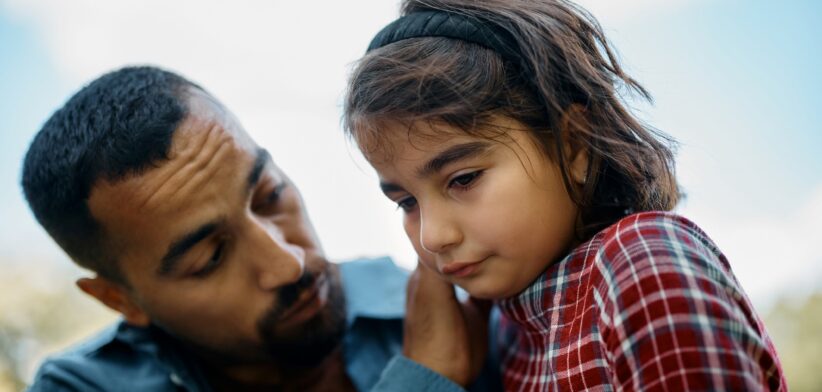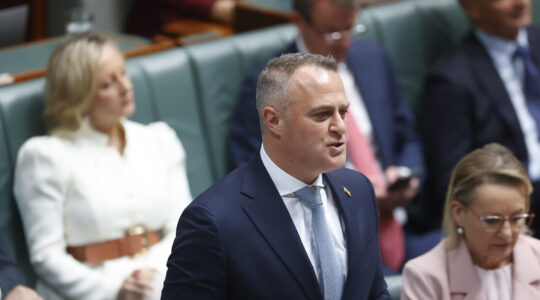New resources will support culturally and linguistically diverse families to have conversations about online child safety.
The Australian Centre to Counter Child Exploitation (ACCCE), working with the eSafety Commissioner, has translated a range of resources, including advice sheets for parents and carers, and conversation cards for families, into Chinese, Arabic and Punjabi.
Australian Federal Police (AFP) Commander Helen Schneider said the online resources would be rolled out through community liaison teams and human exploitation community officers across the country, as well as through the ThinkUKnow online child safety programs presented at schools.
“The new resources aim to engage and educate culturally and linguistically diverse communities and groups, as well as those who work with these groups, to help explain what online child sexual exploitation and abuse are, the warning signs and where victim-survivors and families can seek assistance or report to police,” Commander Schneider said.
She said the AFP worked closely with eSafety to develop the materials to ensure some of the largest non-English speaking communities in Australia were reached.
“Having open and honest conversations can help families feel empowered to tackle unsafe situations online,” Commander Schneider said.
“The advice sheets and conversation cards have been carefully designed to help parents and carers understand online child sexual exploitation, know how to handle uncomfortable or unsafe situations, make a report to the police, and get support for their child.”
eSafety Commissioner Julie Inman Grant said online games, social media and instant messaging could be a gateway for predators to access children.
“Children participate in online spaces to play, learn and connect with each other and their families, so it’s vital we keep those spaces safe so children can continue to enjoy the benefits of being online,” Commissioner Inman Grant said.
“Parents can play a vital role in preventing online child sexual exploitation and abuse simply by having open, ongoing conversations with their children about online safety.”
She said the new resources aimed to facilitate those conversations.
The ACCCE advice if your child tells you they have experienced abuse is to try to remain calm and take action to support them, such as:
- Remind them they have done nothing wrong, and things will get better with time.
- Reassurance and support will help them handle the situation.
- Do not punish them for being a victim-survivor of online child sexual exploitation or abuse, a victim is never to blame.
- Collect evidence including screenshots (but do not save or screenshot nude or sexualised images of children), URLs and usernames.
- Make a report to the Australian Centre to Counter Child Exploitation and get support for your child.








